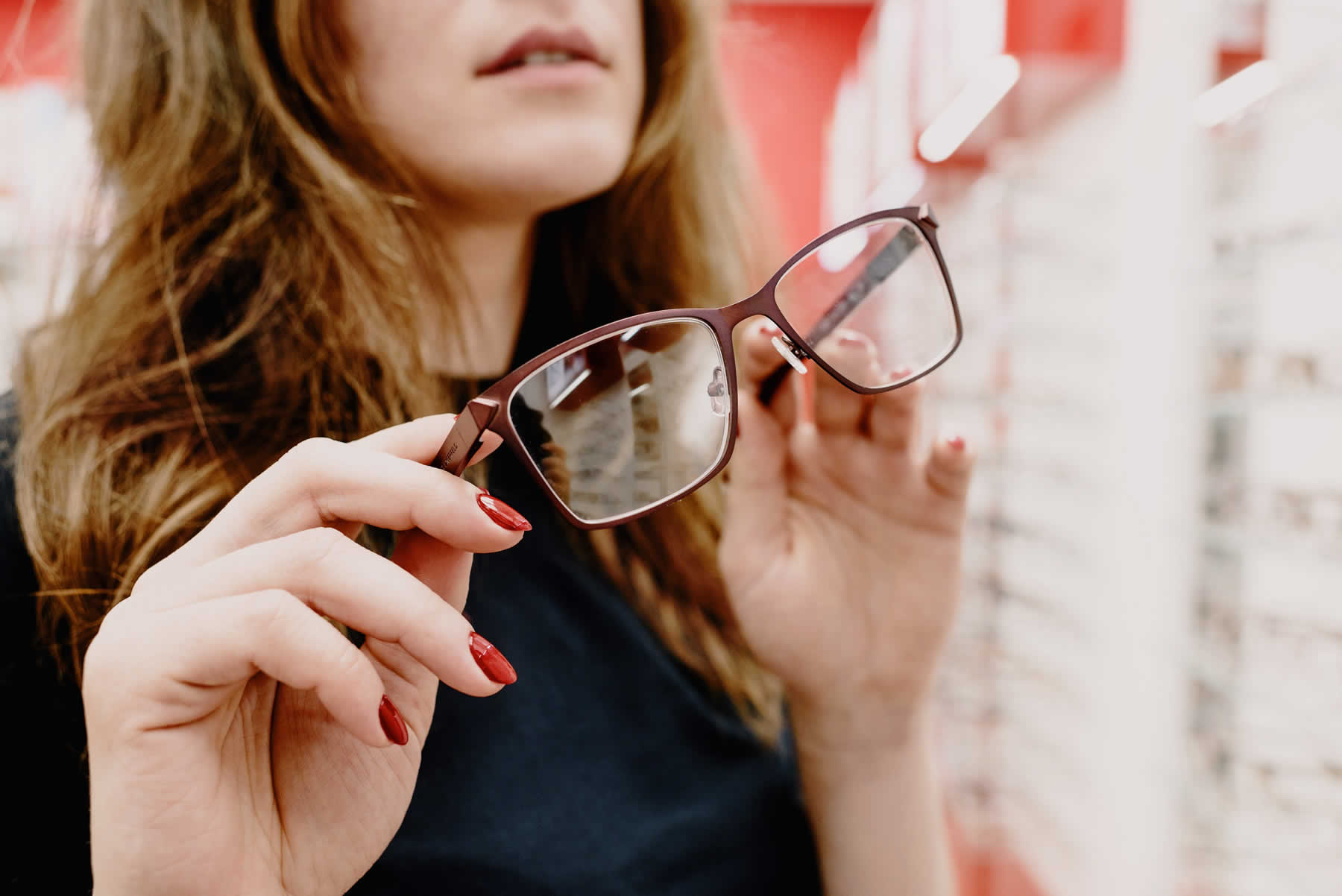Do you need glasses? Medicaid Covers You

Photo by Ksenia Chernaya On Pexels License CC0
Your vision is important and if you have Medicaid, you can get eye exams and glasses.
Eye exams are an important part of health care. Routine eye exams can detect vision problems, eye diseases, and other health problems.
For routine exams, you will normally see an optometrist. An optometrist performs eye exams to check for vision and health problems.
Optometrists can also provide care for people living with low vision, care before and after surgery, and prescribe glasses and contact lenses.
GLASSES, EXAMS, AND MORE. WHAT WILL MEDICAID COVER?
Medicaid covers routine and comprehensive eye exams that can include a variety of tests such as visual field tests, pupillary dilation, color blindness, glaucoma, and many others.
Glaucoma screenings are covered by Medicaid for people at increased risk of glaucoma.
Covers eyeglasses including frames, lenses, accessories, eyeglass repairs, and replacements. [For people age 21 and under, glasses can be replaced twice a year if glasses are broken, lost, or stolen – otherwise once a year is a rule.]
Covers bifocals and trifocals, or two pairs of single vision glasses (near and distance vision) if bifocals don’t work. Oversized, nonlinear, progressive multifocal lenses and transitions are not a covered benefit of Medicaid. However, if you want to buy these, you can pay the additional costs.
Medicaid only covers contact lenses if they are considered medically necessary and there is no alternative treatment.
If they are not medically necessary, but you want them, you can pay for them separately. Covers security frames.
People who select frames and lenses that are not covered must pay the difference in cost. Medicaid also covers prosthetic eyes.
Contact Us









Comment (0)